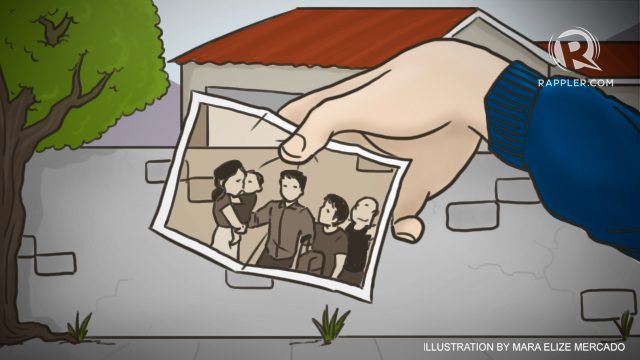SUMMARY
This is AI generated summarization, which may have errors. For context, always refer to the full article.

The British writer James Wood gave a talk to an appreciative crowd at the London Review of Books main store about being British in the United States and ruminating about whether he would go back home after living in the US for over 18 years.
To Wood, this raises the question of exile and he soon segued to the late Edward Said who, in Reflections on Exile, described this condition as the “unhealable rift between a human being and a native place, between the self and its true home.” Said added that the “achievements of exile are permanently undermined by the loss of something left behind forever.”
Wood contrasts Said’s “sense of tragic homelessness” with his own idea of exile, which he describes as a “luxurious freedom.” Like Said, he pines from home, but unlike Said, he does not see himself as looking forward to going home. Why?
He writes: “I am sometimes homesick, where homesickness is a kind of longing for Britain and an irritation with Britain: sickness for and sickness of. I bump into plenty of people in America who tell me that they miss their native countries – Britain, Germany, Russia, Holland, South Africa – and who in the next breath say they cannot imagine returning. It is possible, I suppose, to miss home terribly, not know what home really is anymore, and refuse to go home, all at once.”
This sentiment gradually becomes evident around the Filipino as the plane descends into Manila. You see in the faces of OFWs and balikbayan a muted excitement around. This is then followed by sighs of relief and lots of signs of the cross. Then, as the plane hits the ground, there is collective clapping.
But what Wood does not tell us is that the refusal to go home comes with a mix bag of contradictory emotions.
Once the OFW and balikbayan are out of immigration, however, the gladsome looks give way to ill-tempered stroppy stares, followed by the complaints, first in whispers and then more loudly as they come to realize that it was going to take a bit longer to go home.
The irritation turns into genuine anger once the heat, the humidity, the anarchic traffic system, and the throngs of relatives demanding their pasalubong hit the visitor smack on the face.
Here, the last lines of Wood’s observation hit close to home. After years away, you do miss your home “terribly,” wracking your brain of the wonderful memories of that home: a nice corner hangout for afternoon beers here, the basketball games with the barkada there, family dinners and days at the beach here, the first high school girlfriend there, etc.
But there is also the painful cognizance that these recollections are “not what home really is anymore.” One was returning to where there are still figments of the old place, but in general it is something completely different. The former hangout has become a new mall, once fellow basketbolistas are now pudgy Lipitor-popping, gout-stricken middle age men, and the former high school girlfriend is awaiting her first grandchild.

Homecoming is therefore a contradiction: you pine for the old home after so many years away, but upon your return you know that that is not the place you know anymore.
This dolorous ambiguity only gets worse as one gets older. An OFW is only able to work so much, and unless she has completely accepted her new domicile, the immigrant would want nothing to do with her new residence. She would want to die back home.
But it is no longer the home that either of them knew. So how does one get out of this double bind?
Wood gives us no clear answer, although he is most at ease when he associates past activities, friends, and families with buildings and homes that are still standing in his birthplace.
Some of us are able to live with these scraps from the past that are able to survive the present.
A relative of mine went back to our town when he could not stand the cold and the pace of work in New Jersey. He transformed himself back to the old istambay that he was, spent the afternoons nursing a bottle of Cerveza Negra, and talked a lot about the past. But he shared very little of what life was in the American East Coast. His buddies were not interested because they do not know anything about the place.
This is what a returnee fears the most: the lack of inspiration to sit down and go back memory lane and link the old to the more recent pasts because one may only get blank stares from readers as well as listeners.
Wood was right: one may go home physically, but one can never go home emotionally. – Rappler.com
Patricio N. Abinales works in the middle of nowhere to send money back home to Ozamiz City.
Add a comment
How does this make you feel?
There are no comments yet. Add your comment to start the conversation.